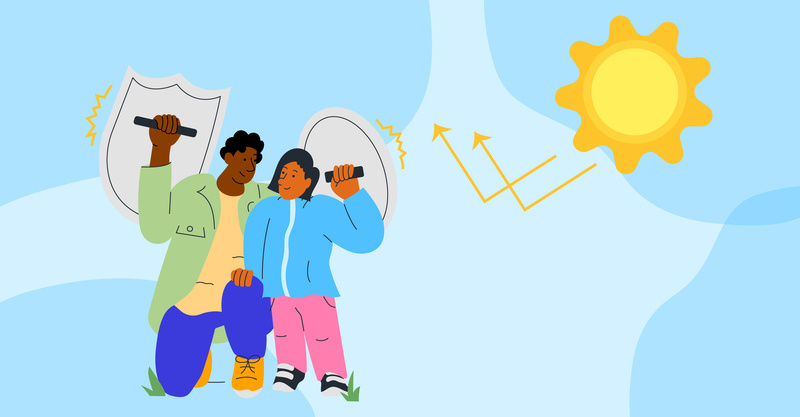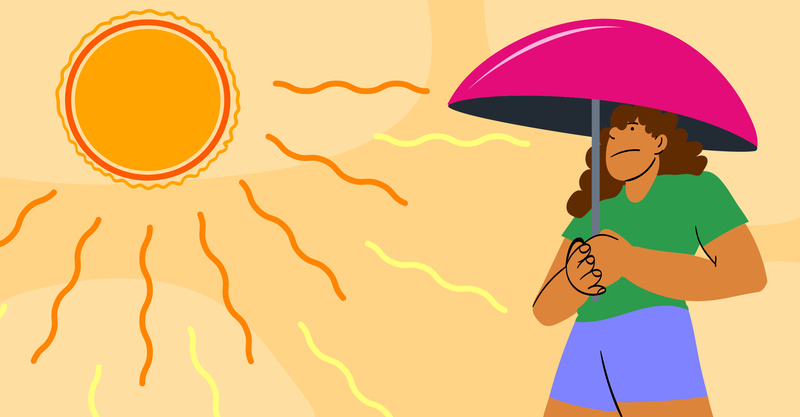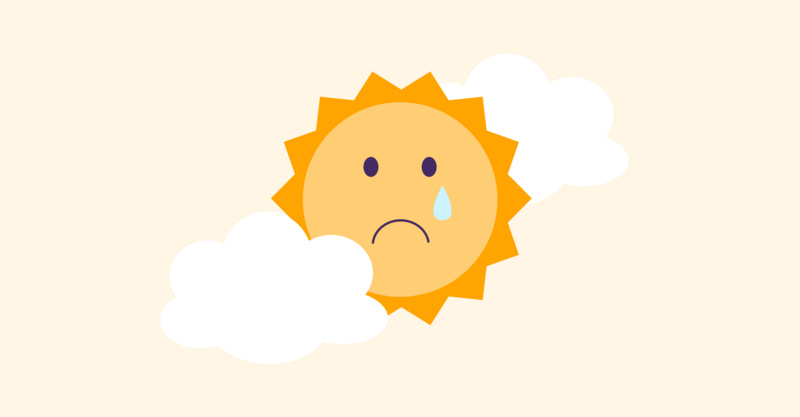Key Points
- Recent research suggests that environmental pollutants and synthetic materials may be contributing to an increase in eczema cases, particularly during the summer when air pollution worsens.
- Eczema, characterized by dry, itchy, and often scaly skin, can affect anyone at any age, but is more common in young children and those with allergies.
- While avoiding all pollutants is nearly impossible, reducing exposure can help manage eczema flare-ups. Regular moisturizing, particularly with unscented creams and ointments, is also crucial in managing this condition.
- Over-the-counter remedies such as hydrocortisone cream and antihistamines can help alleviate itching during flare-ups. If these are ineffective, it may be necessary to seek prescription treatments.
- Solv offers a platform to find top-rated healthcare providers for same-day care, providing a practical solution for those seeking help with managing their eczema.
Eczema may be linked to environmental pollutants, according to new research published earlier this year. One study, published in the American Journal of Managed Care, found that exposure to synthetic materials and air pollution (such as nitrogen dioxide which is emitted from vehicle exhaust) may be to blame for an uptick in eczema in children and adults. The study noted that eczema cases have risen 2 to 3 times in industrialized nations since 1970.
Since summer months are known for making air pollution worse (according to the University for Atmospheric Research), this could be the reason why your eczema is an unwelcome summer guest. In addition to more pollution in the air, the summer heat and the subsequent sweating can be triggering for people who are susceptible to eczema flare-ups.
Researchers suggest that reducing exposure to pollutants can help prevent and manage flare-ups—but since avoiding all pollutants is nearly impossible for most of us, Solv is here to help you find more practical solutions.
Is That Annoying Summer Itch Eczema?
Although eczema is more common in young children who have particularly sensitive skin, it can affect anyone at any age. In fact, the National Eczema Association reports that 1 in 10 people in the United States will experience eczema at least once in their lifetime. People who have allergies, including hay fever or asthma are more likely to also experience eczema, according to the Mayo Clinic.
Eczema is known for causing dry and itchy skin—but it’s not your average dry skin. Eczema flare-ups often result in rough, scaly patches of skin that can also become cracked and bleed. Flare-ups can last several days and even weeks if left untreated. Moisturizing is the best way to prevent and manage dry skin, but with eczema, your go-to lotion may not be enough.
Symptoms Of Eczema
The National Eczema Society notes that eczema can appear anywhere on the body, but the most common place to find eczema is on the hands. Symptoms of eczema include:
- Dry, scaly, or cracked skin
- Itchy skin
- Rash
- Raw or sensitive skin from scratching
In some rare cases, eczema can cause itching so severe that you could experience bleeding, scabbing, or develop a skin infection.
Practical Ways To Prevent Eczema Flare-Ups
Sticking to a good skincare routine can help you keep eczema flare-ups at bay, according to the Mayo Clinic. They stress that moisturizing at least twice a day is the most important thing you can do. Unscented creams and ointment-style moisturizers are better at locking in moisture than most lotions. However, if you prefer a lotion, the Mayo Clinic recommends choosing one with shea butter. You could also use petroleum jelly, which is excellent at protecting and moisturizing your skin.
Additional tips from the Mayo Clinic include:
- Keeping good hygiene, but limiting your daily showers to around 10 minutes
- Using a gentle soap and other skincare products that are fragrance-free and formulated for sensitive skin
- Avoid antibacterial soaps, which can remove too much of your skin's natural oils and defenses
- Avoid using harsh washcloths or loofahs
- Pat your skin dry with a towel and then moisturize while your skin is still damp
How To Stop Eczema Itching
There are several creams and ointments on the market that are formulated to treat eczema, and finding which one works best for you may involve some trial and error. If you’re experiencing a flare-up, you may be dealing with a relentless itch. In this case, the Mayo Clinic recommends using over-the-counter hydrocortisone cream in addition to moisturizing. You can also try taking an over-the-counter antihistamine like Benadryl, Zyrtec, or Allegra, which can help alleviate itching.
If you can’t find relief with over-the-counter remedies, you should consider seeing a provider for prescription eczema treatment. There are several eczema treatments available, including stronger topical creams and oral medications. In some cases, your provider may recommend a short course of steroids to help clear a severe flare-up quickly.
Need to see someone about your eczema? We’ve got you covered! Use Solv to find top-rated providers near you and book same-day care.
Frequently asked questions
What environmental factors are linked to eczema according to recent research?
Recent research has found a link between eczema and environmental pollutants, specifically exposure to synthetic materials and air pollution, such as nitrogen dioxide emitted from vehicle exhaust.Why might eczema worsen during the summer months?
Summer months are known for making air pollution worse, which could be a contributing factor to eczema flare-ups. Additionally, the summer heat and subsequent sweating can also trigger eczema in susceptible individuals.Who is most likely to experience eczema?
While eczema is more common in young children with particularly sensitive skin, it can affect anyone at any age. Individuals with allergies, including hay fever or asthma, are more likely to experience eczema.What are the symptoms of eczema?
Symptoms of eczema include dry, scaly, or cracked skin, itchy skin, rashes, and raw or sensitive skin from scratching. In severe cases, eczema can cause itching so intense that it leads to bleeding, scabbing, or skin infection.How can one prevent eczema flare-ups?
Preventing eczema flare-ups can be achieved by maintaining a good skincare routine, which includes moisturizing at least twice a day. It's also recommended to use unscented creams and ointments, keep good hygiene, limit shower time, use gentle soap, and avoid harsh washcloths or loofahs.What treatments are available for eczema itching?
Over-the-counter hydrocortisone creams and antihistamines like Benadryl, Zyrtec, or Allegra can help alleviate eczema itching. If these remedies are ineffective, prescription eczema treatments, including stronger topical creams, oral medications, and sometimes a short course of steroids, may be recommended.What can I do if my regular lotion isn't enough to manage my eczema?
If your regular lotion isn't enough, you may need to switch to unscented creams or ointment-style moisturizers, which are better at locking in moisture. Products with shea butter or petroleum jelly can also be beneficial.How can I find a healthcare provider to help manage my eczema?
If you need to see a healthcare provider about your eczema, you can use Solv to find top-rated providers near you and book same-day care.
Solv has strict sourcing guidelines and relies on peer-reviewed studies, academic research institutions, and medical associations. We avoid using tertiary references.


 LinkedIn
LinkedIn










